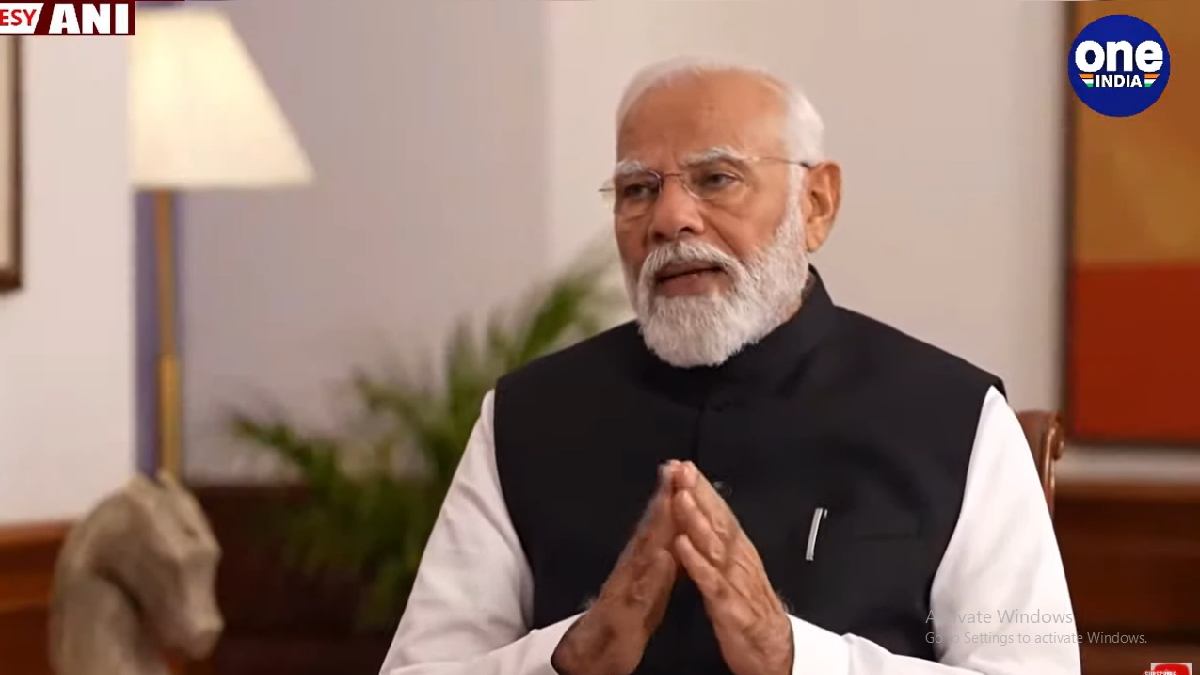
Former Aviation Director blames Arjun Singh's office for Anderson's escape
Bhopal, June 10 (ANI): The controversy surrounding the role of the then Madhya Pradesh Government in letting Union Carbide Chairman Warren Anderson escape from the city after the deadly gas leak has gained strength.
Former Aviation Director of Madhya Pradesh R.S. Sondhi has alleged that the then State Chief Minister Arjun Singh's office had sent orders to fly Anderson out of the troubled zone.
"At around 2 p.m. in the afternoon we received a call at the office of the Director, Aviation, at airport (Bhopal) from the Secretariat of the chief minister office that an aircraft has to be sent to Delhi around 4 pm. We prepared the plane accordingly, " Sondhi said.
The role of the Congress Party led government that was in power both at the center and the state at the time of the tragedy has come under sharp criticism from the opposition parties.
The pilot, who flew Anderson out of Bhopal on December 7, 1984, four days after the deadly gas accident, corroborated by saying he was asked by the authorities to fly Anderson to New Delhi.
"At around 4:30, Anderson two officials SP (Superintend of Police) and Collector Bhopal came to the Bhopal airport. We asked Anderson to get inside the aircraft. He sat; we closed the door of the aircraft and left for Delhi. No, I came to know that later it was Anderson. Two pilots including me and Anderson were the only passengers," said Captain S.H. Ali.
Both pilot and the former aviation director said that senior officials from Bhopal city accompanied Anderson to the airport.
On Monday (June 7), a court sentenced seven top executives of Union Carbide to two years in prison for negligence in failing to prevent one of the world's worst industrial accidents that killed thousands of people.
A Union Carbide plant in Bhopal accidentally released toxic gases into the air in 1984.
According to Government, around 3,500 died as a result of the disaster. Activists, however, say that 25,000 people died in the immediate aftermath and the years that followed.
Soon after the judgment, which came after a court case lasting 26 years, controversy regarding the extradition of Anderson and the circumstances in which he fled from India have gained momentum.
The court ruling fined the former Indian unit of US chemicals firm Union Carbide 500,000 rupees.
However, soon after the court awarded the jail term it granted bail to all the seven convicts.
The judgment has caused disappointment and outrage in the country with politicians cutting across political lines slamming the ruling Congress party for its alleged role in letting Union Carbide and its management get away without any stringent punishment. (ANI)


 Click it and Unblock the Notifications
Click it and Unblock the Notifications















